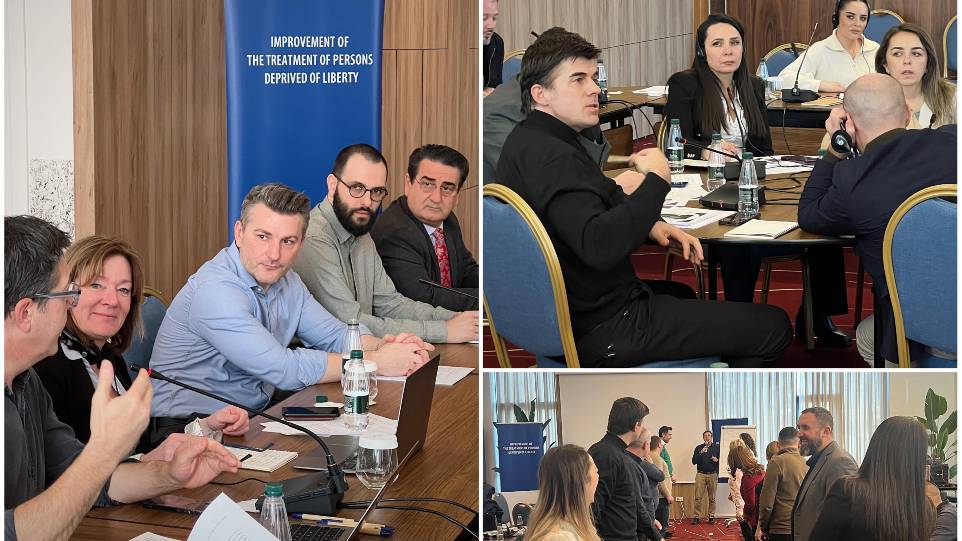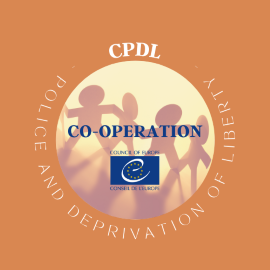A 3-day Training of Trainers (ToT) on the application of Occupational Therapy (OT) in prisons and other closed institutions took place from 22 to 24 January in Istog/Istok, in the vicinity of the largest newly developed modern healthcare institution of Dubrava prison in Kosovo.* The ToT followed the development of occupational therapy guidelines and tools for prisoners with mental health issues.
A total of sixteen correctional and healthcare staff completed the training. The group comprised of ten members the Prison Healthcare Department (PHD), two from Kosovo Correctional Service (KCS), and one member from the Institute of Forensic Psychiatry of Kosovo (IFPK), Special Institute for Persons with Learning and Physical Disabilities (SIS) and Kosovo Probation Service (KPS).
As a result, the participants improved their knowledge and skills on the application of occupational therapy guidelines and tools in prisons and other closed institutions; a concept which was thus far not utilized in Kosovo* in a structured manner. The above-mentioned trainees are now better prepared to deliver peer-to-peer trainings and present information effectively, respond to participant questions, and lead activities that reinforce learning of the OT by other professionals.
Healthcare, correctional, and probation professionals being trained together represents an added value that will further strengthen inter-institutional cooperation in the treatment and rehabilitation of some of the most vulnerable parts of the Kosovo* society.
This training was also attended by one expert from the EU Rule of Law Mission (EULEX) who contributed with relevant expertise, but also representatives from the National Prevention Mechanism of the Ombudsperson Institution, Prison Inspectorate, and the civil society thus further improving the quality of the event.
The activity was organized under the auspices of the Council of Europe project “Improvement of the treatment of persons deprived of liberty”
__________________________________
* All references to Kosovo, whether to the territory, institutions, or population, in this text shall be understood in full compliance with United National Security Council Resolution 1244 and without prejudice to the status of Kosovo.




